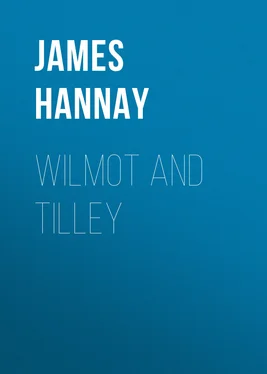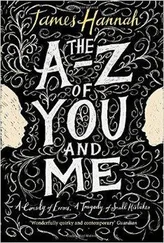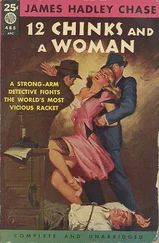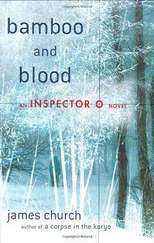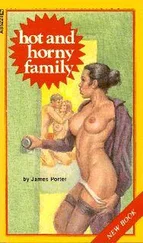THE LEGISLATIVE COUNCIL
At the next session of the legislature, despatches from Lord Stanley were laid before the House of Assembly in which it was stated that the council would be increased in number to twenty-one, and four new members of the council were to be appointed. The new members then appointed were T. H. Peters, Admiral Owen, William Crane and George Minchin, while the Hon. Thomas Baillie, the surveyor-general, the Hon. Mr. Lee, the receiver-general, the Hon. James Allanshaw, of St. Andrews, and the Hon. Harry Peters, of Gagetown, retired. No doubt the retirement of two officials who received large salaries was some improvement, but the council required further remodelling before it could be said to be an efficient body, or one in sympathy with the inhabitants of the province.
The legislative council has now ceased to exist, and it may be said of it that it was never a very satisfactory body for legislative purposes. Perhaps the original composition of it created such a prejudice against legislative councils as to hamper its activities; and, from having been at first merely the echo of the wishes of the governor, it became latterly, to a large extent, the echo of the wishes of the government. Gradually it became relieved of its official members, and in its last years no head of a department ever occupied a seat in the legislative council; for it was thought, and rightly, that the power ought to be in the House, where the responsibility to the people was most felt, and that it was not wise to place an official whose department expended large sums of money in a body which properly had no control over the public expenditure. The legislative council had undoubtedly from time to time many able and useful members, and, at certain periods in the history of the province, particularly during the confederation discussions, it took a firm stand in favour of measures which seemed essential to the prosperity of the British North American provinces. No one can deny that at that time it exercised an authority fully equal to that of the Lower House, but it cannot be doubted that some of this work was done at the expense of the proper balance of the constitution. Such an exercise of unusual authority on the part of a body not elected by the people may serve a purpose at a particular crisis, but cannot be commended as an example, and if frequently repeated would end in the destruction of the constitution.
Конец ознакомительного фрагмента.
Текст предоставлен ООО «ЛитРес».
Прочитайте эту книгу целиком, на ЛитРес.
Безопасно оплатить книгу можно банковской картой Visa, MasterCard, Maestro, со счета мобильного телефона, с платежного терминала, в салоне МТС или Связной, через PayPal, WebMoney, Яндекс.Деньги, QIWI Кошелек, бонусными картами или другим удобным Вам способом.
This is shown by the correspondence of Sir John Harvey with the colonial office. Sir John was then governor of Prince Edward Island.
Charles II annulled the charter of Massachusetts, and disposed in a similar fashion of the charter of the city of London, as well as of many English towns.
This change had been effected by a royal commission under the signet and sign-manual dated December 3d, 1832. There is nothing in the records of the province to show why this was done. Neither the council nor the House of Assembly had asked for it. The Nova Scotia council was not divided until 1838.
Mr. Wilmot's resolution was carried in the assembly without a division, so that he had the solid support of the popular branch of the legislature, yet little good was to be expected from such votes in the House.
